As Cameroon stands at a crossroads, the imminent departure of long-serving President Paul Biya casts a shadow of uncertainty over the nation’s future. After more than four decades in power, Biya’s potential exit raises pressing questions about the socio-economic landscape, characterized by persistent poverty and political instability.With the specter of succession looming, the power dynamics within the ruling party and potential rival factions threaten to shape the country’s trajectory in profound ways. This article delves into the challenges Cameroon faces in the wake of Biya’s rule, exploring the implications of a leadership transition amidst widespread discontent and a struggling economy.As citizens grapple with the realities of poverty and the potential for further unrest, understanding the stakes of this precarious succession battle is crucial for grasping the future of Cameroon.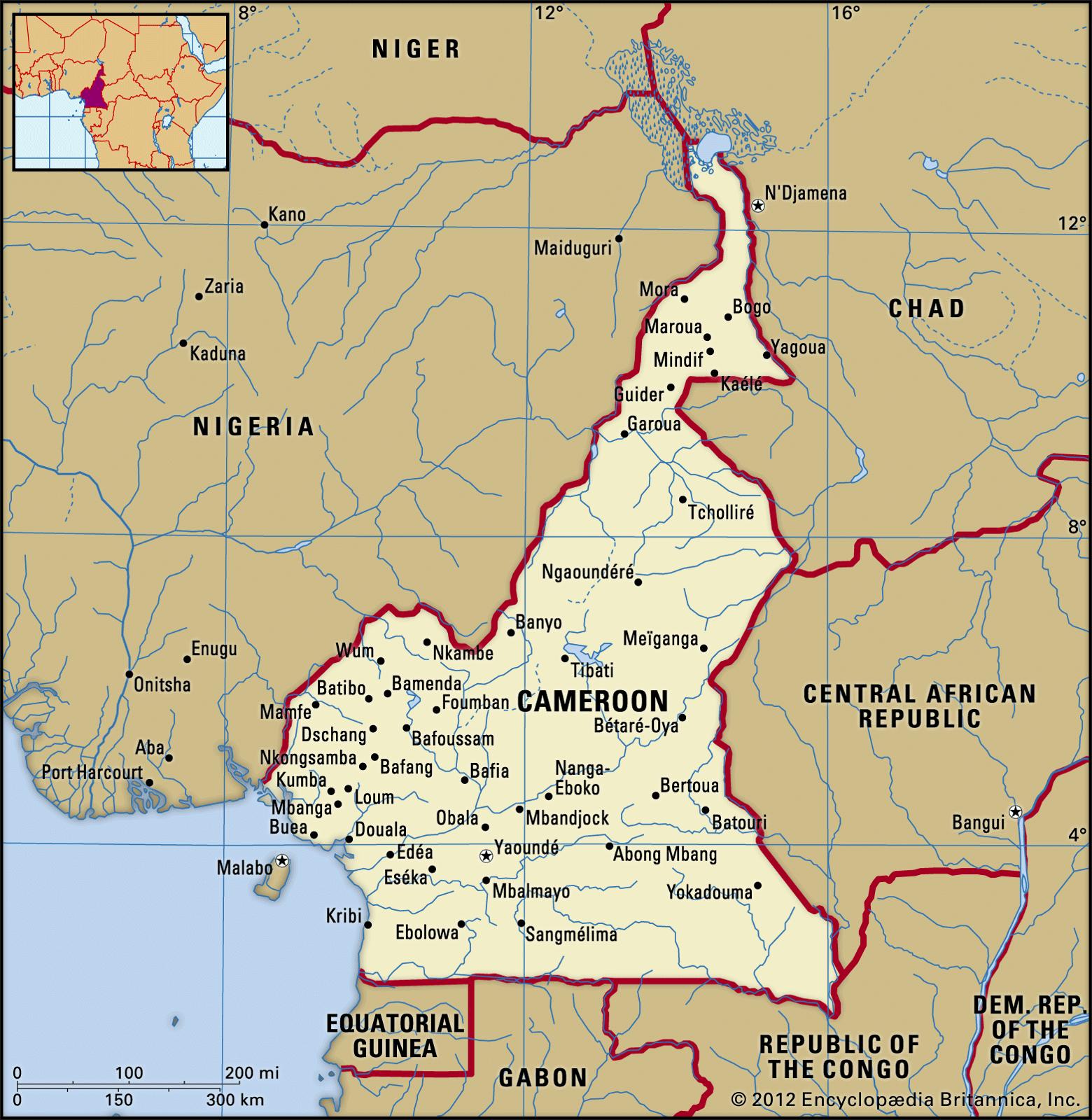
The Challenge of Poverty Amid Political Transition in Cameroon
The economic landscape in Cameroon has long been marred by the weight of poverty, which has only intensified in the wake of political transition. With the departure of Paul Biya, the nation’s long-standing president, uncertainty looms large over the future. The challenges are multifaceted, encompassing issues such as unemployment, inflation, and a crumbling social safety net. As the populace grapples with rising costs of living, the lack of a coherent economic strategy from potential successors intensifies fears about who will lead the country into a more stable era. With resources spread thin, many citizens are left wondering how they will navigate a system that appears increasingly broken.
Furthermore, the precarious political climate can impede first steps toward effective governance, as emerging leaders face a daunting task: addressing the needs of a populace beleaguered by economic hardship. Community organizations and civil society groups have taken initiatives to provide support, yet their efforts are hampered by limited funding and insufficient reach.Key issues include:
- Access to Education: Many children remain out of school due to financial constraints.
- Health Care Accessibility: Rising medical costs push essential services beyond the means of a struggling populace.
- Agricultural Degradation: The agricultural sector, upon which many depend, suffers from neglect and instability.
As the nation navigates this period of political flux, the imperative to address these pressing issues becomes more urgent. The interplay between poverty and governance shapes not only the current living conditions of Cameroonians but also their hopes for a more equitable future. The resolution of this cycle of hardship is crucial for any new leader aspiring to gain the trust and support of the people in these uncertain times.
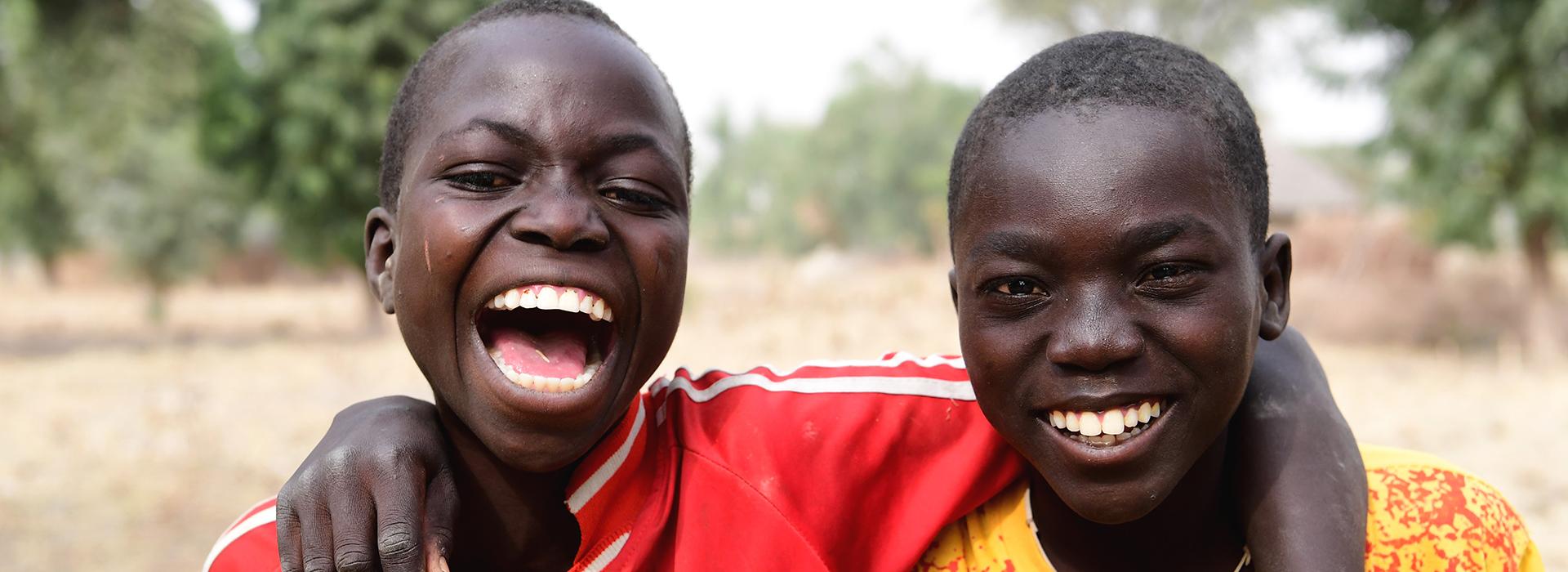
Assessing the Legacy of Paul Biya’s Governance
The governance of Paul Biya, marked by prolonged rule and political immobilism, has left a mixed legacy that will shape Cameroon’s future in profound ways. During his tenure, Cameroon’s economic landscape has been punctuated by sporadic development and ongoing struggles with corruption, nepotism, and poor infrastructure. This legacy is compounded by disparities in wealth distribution, leading to a burgeoning middle class in urban centers while vast segments of the rural population remain ensnared in poverty. Citizens have increasingly voiced their discontent over the lack of opportunity, as high unemployment rates, especially among the youth, create fertile ground for social unrest.
Moreover, biya’s administration has been characterized by a suppression of dissent, fostering an environment where civic freedoms are stifled. Political opposition has frequently enough faced intimidation and marginalization, which has exacerbated divisions within society. As Cameroonians look toward a future beyond Biya’s presidency, the central questions revolve around who will succeed him and whether this successor will uphold his autocratic practices or pave the way for a more inclusive and democratic governance. ongoing tensions, fueled by ethnic and regional disparities, further complicate the succession battle, heightening the atmosphere of uncertainty that many citizens find themselves navigating in the present day.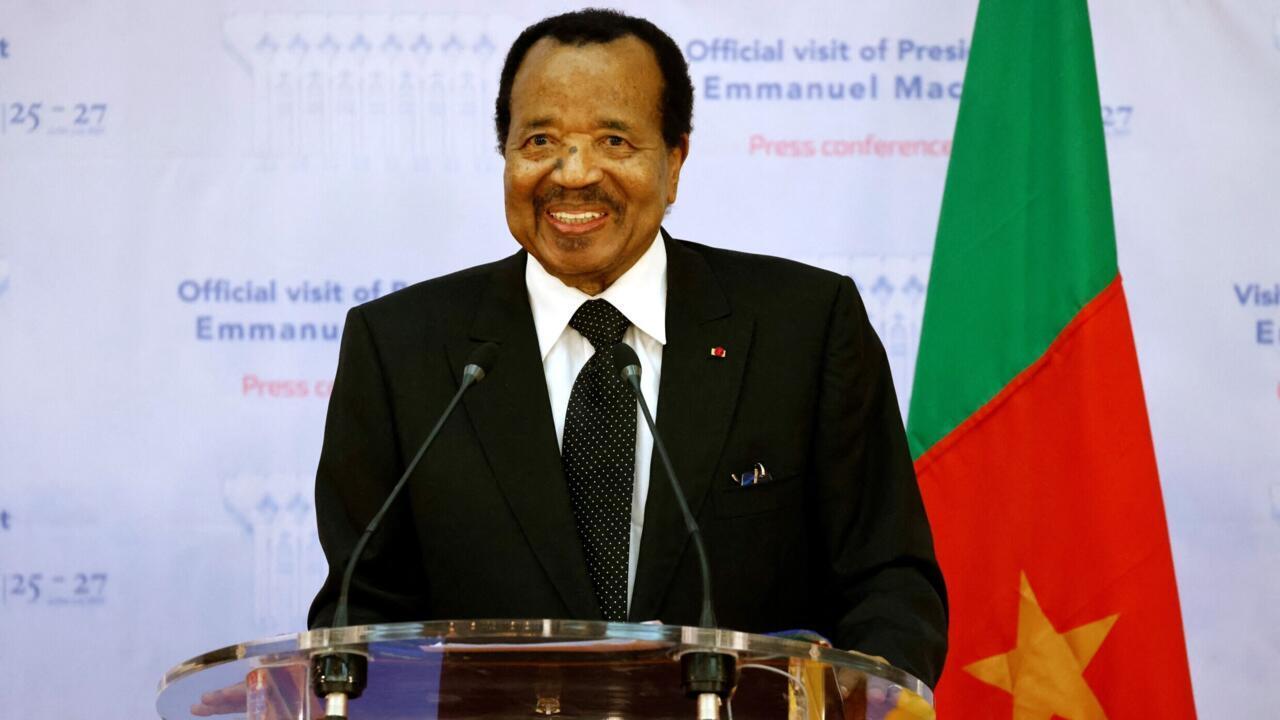
Uncertainty and Instability: The Emotional Landscape of a Nation in Flux
The ongoing uncertainty gripping Cameroon manifests itself in the palpable anxiety felt across various segments of society. As citizens grapple with the realities of poverty and economic instability, there is a growing sentiment of disillusionment. Inflation,compounded by rising costs of essential goods and dwindling job opportunities,has left many families in a precarious situation. This unease is further exacerbated by political instability as the nation prepares for a future devoid of long-time president Paul Biya. The lack of a clear succession plan has lead to rampant speculation and fear, fostering an environment rich in skepticism regarding the possibility of a stable transition of power.
The emotional landscape of the nation is characterized by a mixture of hope and despair. While some citizens remain optimistic about potential reforms, others express concerns about the possibility of violent conflict during the transitional phase. The complexities of a potential power vacuum include not only the risks of unrest but also the opportunity for emerging leaders to rally citizens around a vision for a more equitable future. Amidst this backdrop of unrest, several key factors are influencing public sentiment:
- Displacement: escalating violence in certain regions has led to the displacement of thousands, creating humanitarian crises.
- Corruption: Long-standing corruption within government structures has bred cynicism, resulting in a mistrust of potential successors.
- Social Movements: Grassroots organizations are gaining traction, advocating for governmental accountability and social justice.
| Factor | Impact on Society |
|---|---|
| Political Uncertainty | Increased anxiety leading to social unrest. |
| Poverty Levels | Widespread dissatisfaction with quality of life. |
| Community Initiatives | Fostering resilience and collective action among citizens. |

Key Players in the Succession Battle and Their impact on Future Policies
The succession battle in Cameroon has drawn several prominent figures into the spotlight, each potentially shaping the nation’s direction in a post-Biya era. Among these key players are Maurice Kamto,the leader of the Cameroon Renaissance Movement,known for his vocal criticism of Biya’s regime and calls for democratic reforms. His campaign for political legitimacy and social change has resonated with a populace weary of corruption and economic instability. Another critical player is Ferdinand Ngoh Ngoh, the current Minister of State and close associate of President Biya, whose influence within the ruling party could maintain the status quo. Joshua Osih, the SDF parliamentary group leader, also represents a faction seeking dialogue and reconciliation, advocating for a more inclusive political process. This mix of leaders presents a diverse landscape of ideologies, from reformist to conservative, which will play a pivotal role in determining future policies.
As these individuals vie for dominance, their decisions will substantially impact crucial areas such as economic development, security, and social welfare. For instance, should Kamto gain traction, we could witness a shift towards more progressive policies aimed at addressing poverty and unemployment. Conversely, if Ngoh Ngoh solidifies power, the continuation of Biya’s policies may prioritize stability over substantial reforms, potentially deepening the existing socioeconomic malaise. The public’s responses to each candidate, notably in regions most affected by violence and economic hardship, will be instrumental in shaping the political landscape. The interplay among these key players and their varying visions creates a complex tapestry of possible futures for Cameroon, leaving citizens amid a delicate balance of hope and trepidation as they look towards what lies ahead.
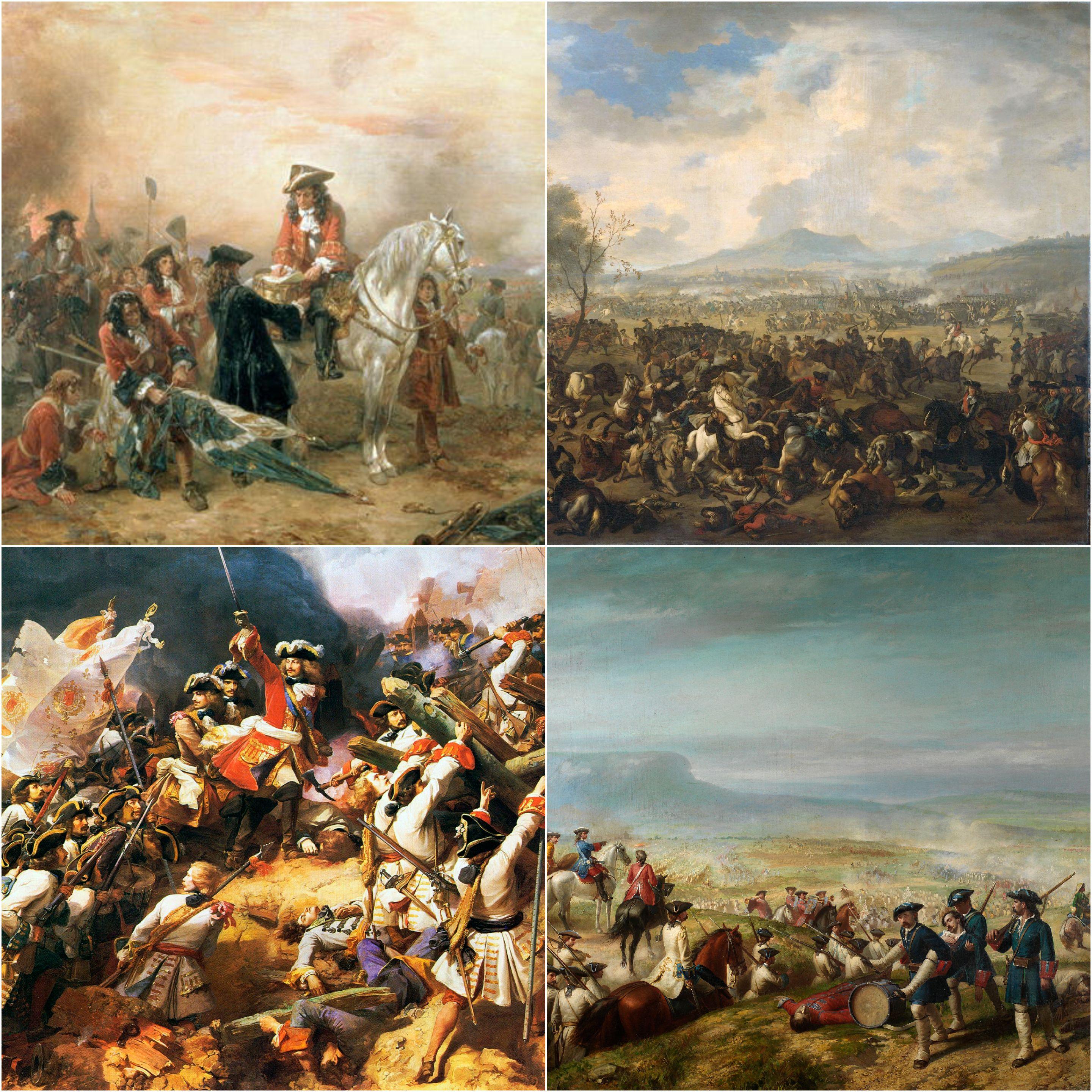
Strategies for Economic Recovery in a Post-Biya Cameroon
In the wake of Paul Biya’s prolonged presidency, Cameroon faces a daunting economic landscape characterized by high poverty levels and widespread uncertainty.Comprehensive economic reforms must take precedence to stabilize the nation,focusing on the following strategies:
- strengthening Agricultural Productivity: Investing in modern agricultural techniques and infrastructure can enhance food security and create job opportunities.
- Diversifying the Economy: Moving beyond oil dependency by promoting sectors such as tourism, technology, and renewable energy will create a more resilient economic framework.
- Encouraging Foreign Direct Investment (FDI): Simplifying regulations and offering incentives for foreign investors can stimulate economic growth and create jobs.
- Enhancing Education and Vocational Training: Prioritizing education will equip the workforce with relevant skills for a dynamic economy.
- Implementing Social Safety Nets: Establishing programs to protect the most vulnerable populations during economic transitions is crucial for social stability.
To facilitate these strategies, the establishment of a obvious and accountable governance system is essential. A well-structured governance framework can help to regain public trust and foster economic potential.Collaborative efforts with local communities, civil society, and international organizations will be paramount in transforming these strategies into actionable plans. Additionally, fostering an environment that encourages innovation and entrepreneurship will empower young Cameroonians to contribute actively to the nation’s recovery.
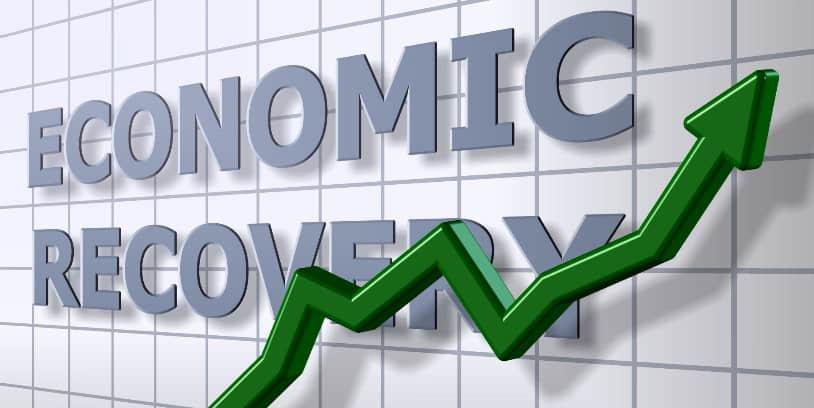
Fostering National Unity: The Path Forward for Cameroon’s Next Leadership
In navigating the complex landscape post-Paul Biya, the new leadership in Cameroon must prioritize fostering national unity as a cornerstone of its governance strategy.Given the historical divisions stemming from linguistic,cultural,and socio-economic disparities,any effective approach will need to address lingering grievances and promote inclusivity. To accomplish this, the leadership could consider:
- Inclusive Dialogue: Establishing forums for dialogue that bring together representatives from various regions and ethnic groups to foster mutual understanding and collaboration.
- Equitable Resource Distribution: ensuring that economic opportunities are balanced across the nation to rectify long-standing injustices that have deepened societal rifts.
- National Reconciliation Programs: Implementing initiatives aimed at healing the wounds of the past, particularly in regions plagued by conflict.
Moreover, educational reform will play a vital role in shaping a unified national identity. Revamping the educational system to reflect both the English and French heritages, while also recognizing indigenous cultures, can cultivate a sense of shared purpose. This could be supplemented by:
- Curriculum Revisions: Including a history that encompasses the diverse experiences of all ethnic groups.
- Promoting Civic Education: Instilling values of democracy and participation from a young age.
- Faith in Local Governance: Empowering local governments to effectively address community needs can also bridge divides.
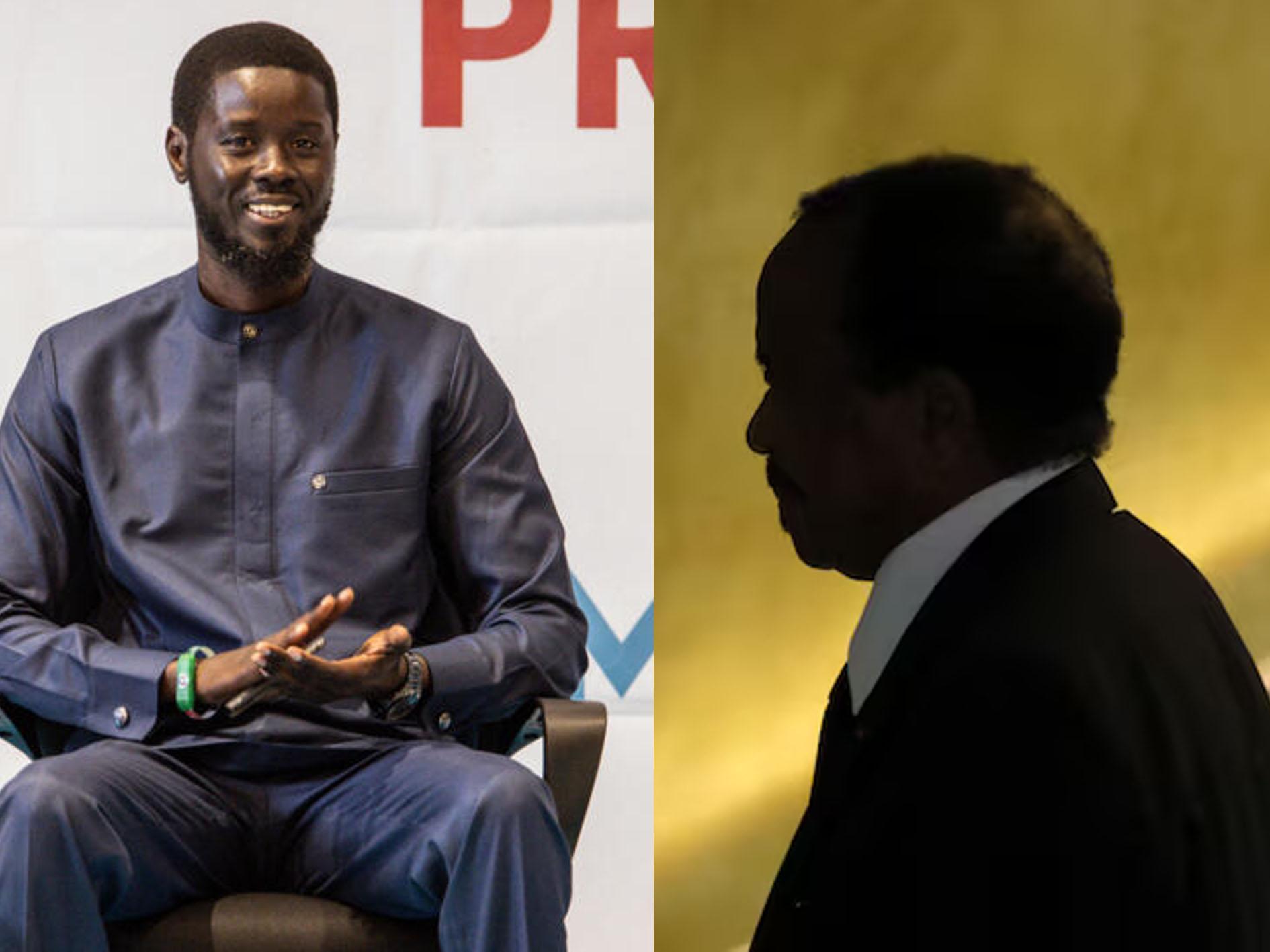
The Conclusion
as Cameroon stands at a pivotal crossroads following Paul Biya’s long tenure,the nation grapples with deep-seated challenges that go beyond mere political succession. The intertwining issues of poverty and economic stagnation, coupled with the uncertainty surrounding leadership transitions, paint a complex picture of a country in flux. As potential successors vie for power, the stakes are high—not only for the political elite but also for ordinary Cameroonians whose lives are affected by a fragile socio-economic landscape.The forthcoming months will be crucial in determining whether the nation can navigate these turbulent waters and forge a path toward stability and growth. The resilience of the Cameroonian people, however, remains an untapped resource that could prove vital in overcoming the obstacles ahead, offering a glimmer of hope for a more prosperous future. As we continue to monitor this evolving situation, it is imperative that both national and international stakeholders prioritize dialogue, reform, and the well-being of those at the heart of these struggles.







